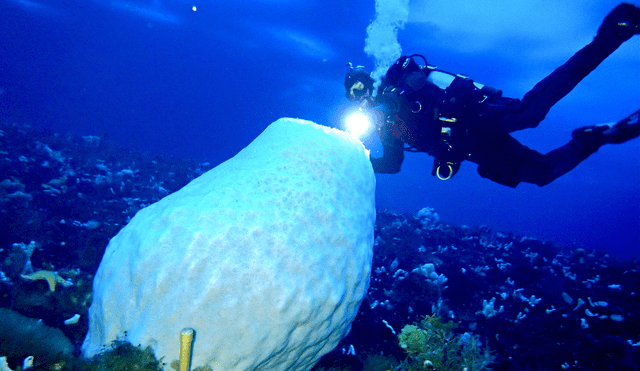A 17,000-year-old live animal was found at the bottom of the Pacific Ocean at a depth of 1,000 meters. It has been reported Republic. Porifera, sea sponges that live for several thousand years, is considered the record holder for the average lifespan. The organism described is also a sponge and belongs to the species Monorhaphis chuni, the class Hexactinellida or “glass sponges”. The animal is already 17,000 years old. He was born in the last ice age.
The specimen found is a three meter long spicule. The animal was removed from the water and examined in the laboratory for cross-sections of spicules resembling the age rings of trees. In addition, each “slice” has its own specific chemical composition, which characterizes the state of the surrounding water in the corresponding period of the organism’s life.
The isotopic composition of silicon, indicating the silicon concentration in seawater, was analyzed. Silicon is the building material of diatoms. Diatoms convert carbon dioxide into organic carbon and surround it at the bottom.
Analysis of the inner spicule rings, corresponding to the first millennium of the organism’s life, showed that they corresponded to the early thaw period, the end of the last ice age, which began about 17,000 years ago. Source













